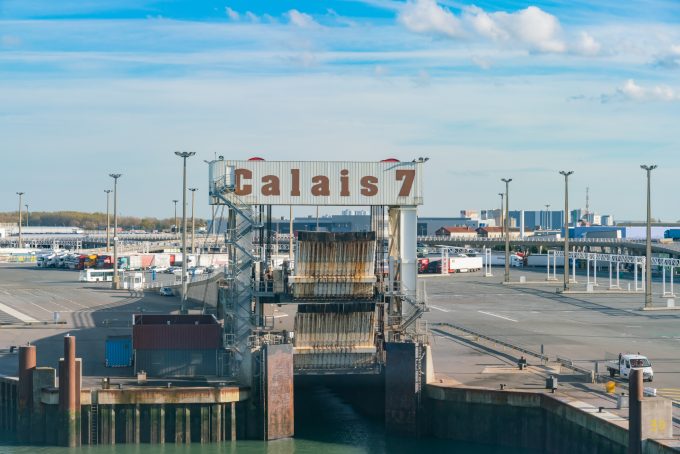CBP won't be ready for flood of extra processing after de minimis pause
Preparing US customs systems for the end of the US de minimis exemption on imports ...

Industry has got behind the EU’s new Import Control System 2 (ICS2), following the launch of its second phase last week, but concerns linger over its implementation.
UK customs manager for Flexport Jamie Houlihan said ICS2 meant there would be more emphasis on ensuring “better quality data pre-departure”, and noted it would be “great for customs authorities”.
Mr Houlihan told The Loadstar: “ICS2 gives customs authorities where goods arrive the ability to perform better risk assessment and checks, based on the new ...
Asia-USEC shippers to lose 42% capacity in a surge of blanked sailings
Why ROI is driving a shift to smart reefer containers
USTR fees will lead to 'complete destabilisation' of container shipping alliances
New USTR port fees threaten shipping and global supply chains, says Cosco
Outlook for container shipping 'more uncertain now than at the onset of Covid'
Transpac container service closures mount
DHL Express suspends non-de minimis B2C parcels to US consumers

Comment on this article